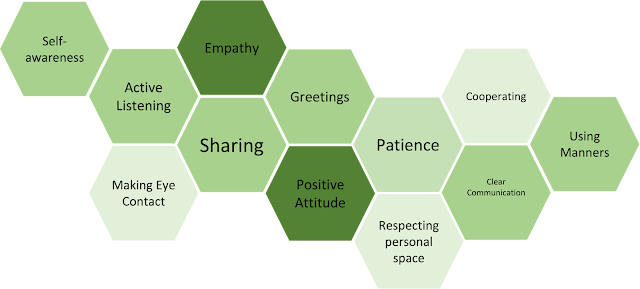A Case Study: US Higher Education Enrollment

Graduate school is an option to get advanced academic degrees (such as master's and doctoral degrees) after earning an undergraduate (bachelor's) degree. There are many reasons to further our education - to advance one's career, to move to a new professional field, to expand the knowledge of a current field, to gain recognition and credibility, just name a few. Graduate education is serving these purposes with advanced academic training. However, there have been problematic situations in graduate schools. Growing evidence revealed that mental health challenges are common for graduate students. Two US non-profit organizations, the Council of Graduate Schools (CGS) and the Jed Foundation (JED) conducted research on graduate students' mental health and well-being starting in 2019. Signs of mental health challenges, such as burnout, anxiety and depression are alarming among graduate students. Moreover, the attrition rates for PhD programs in the US across the field of s...



